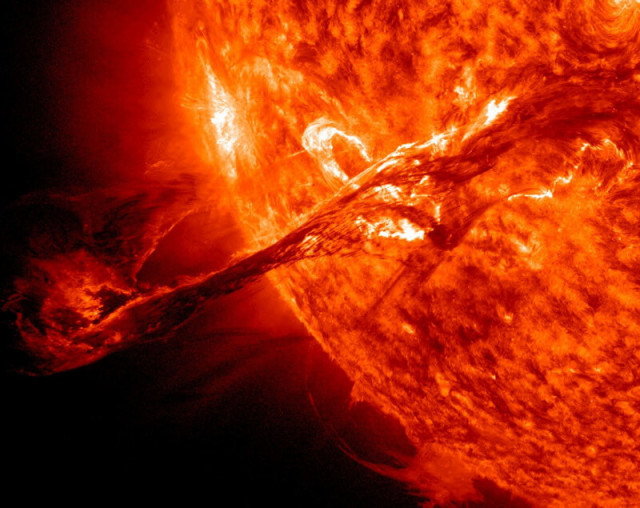In addition to scientific and applied tasks, the project pursues an educational goal
MOSCOW, January 25. /tass/. The Yarilo No. 3 and Yarilo No. 4 nanosatellites of the Bauman Moscow State Technical University will be launched as part of the Universat program in 2022. This is stated in the theses to the report of the university representatives to the XLVI Academic Readings on Cosmonautics in memory of S. P. Korolev (Royal Readings), which are scheduled for January 25-28.
The first two nanosatellites "Yarilo" No. 1 and "Yarilo" No. 2 were launched into orbit in 2020. "The launch of the devices [No. 3 and No. 4] is planned under the Universat program of the GC [state Corporation] Roscosmos in 2022," the materials say.
According to the university, in addition to scientific and applied tasks in the interests of Russian science, the project pursues an educational goal - it is about improving the quality of engineering education by involving students in the creation of real samples of space technology and scientific work during the processing of the received data.
It is assumed that the devices will have a size of 3U (100x100x340.5 mm). "Service systems (power supply system, radio communication system, orientation and stabilization system, on-board computer) have been modified and refined based on the experience of development and flight tests of previous vehicles," the theses say.
The materials specify that the satellites have a greater fault tolerance of systems, a high-speed radio link, and an increased payload volume. Both devices are equipped with six sensors of the WORLD (detectors of short-wave reflected solar radiation) developed by the Pushkov Institute of Terrestrial Magnetism, Ionosphere and Radio Wave Propagation of the Russian Academy of Sciences. "These sensors allow us to estimate the albedo [the value characterizing the ability to reflect the flow of electromagnetic radiation or particles] of the Earth and the radiation balance. <...> The data obtained make it possible to assess the indicators affecting global warming," the theses say.
An inflatable module will be tested on the Yarilo No. 4 satellite to bring the spacecraft out of orbit after its service life has ended.

